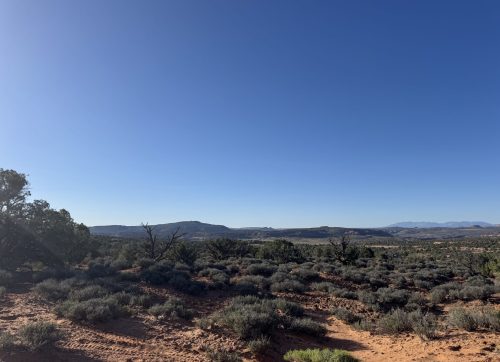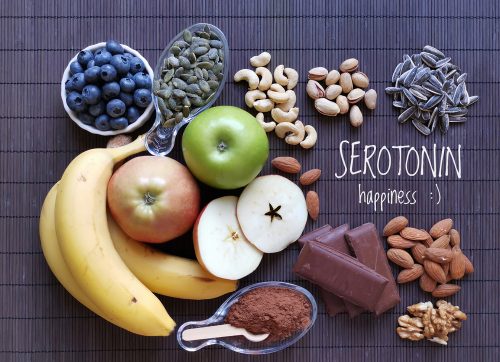
How Mindfulness Became America's Favorite Stress Buster
In recent years, Americans have found solace in an unlikely arena: mindfulness and meditation.
- Author:
- Christopher Truffa
- Date:
- December 4 2024
What was once dismissed as New Age mumbo jumbo—I hear my father's voice when I say that—has now become a mainstream phenomenon, with millions turning to these ancient practices for relief from the pressures of modern life. I say that not to say I told you so, Dad, but rather to remind myself that perspective matters.
The journey of mindfulness from the fringes to the forefront of American culture is fascinating, marked by key historical shifts and societal trends. From its origins in Eastern spirituality to its integration into Western psychology, mindfulness has undergone a remarkable transformation, captivating the hearts and minds of Americans from all walks of life.
One of the driving forces behind the rise of mindfulness has been the growing body of scientific research supporting its benefits. Studies have shown that regular mindfulness practice can reduce stress, anxiety, and depression while improving attention, memory, and overall well-being. With such compelling evidence backing its efficacy, it's no wonder that mindfulness has found its way into mainstream psychology and healthcare. We Move to Heal’s philosophy combines Mindfulness with physical activity and a deeper connection to the natural world.
But it's not just science that's fueling the American mindfulness craze. Celebrities, athletes, and influencers have also played a crucial role in popularizing these practices, with everyone from Oprah Winfrey to LeBron James singing their praises. Social media has further amplified the message, with #mindfulness and #meditation hashtags flooding our feeds and influencers peddling their favorite mindfulness apps and techniques.
Corporate America has also jumped on the mindfulness bandwagon, recognizing the potential benefits for employee productivity and well-being. Companies like Google and General Mills have implemented mindfulness programs and meditation rooms in their offices to create healthier and more resilient workforces. Even schools and universities are getting in on the action, with mindfulness programs now a staple of many educational curricula.
So, what's next for mindfulness in America? As the stresses of modern life continue to mount, more and more people will likely turn to mindfulness to cope. With its proven benefits and widespread accessibility, mindfulness has the potential to become not just a fad but a lasting tool for promoting mental health and inner peace in an increasingly chaotic world.
Are you ready to take the journey?
Take the journey and find your nature guide.


